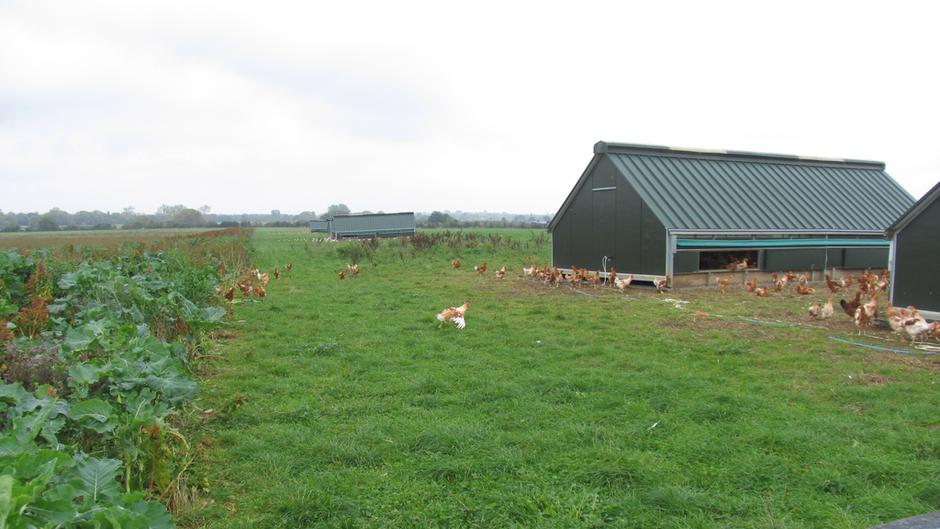Countryside Matters with Sam Walton
Tue 11th February 2020
What a way to start the day, a couple of rashers, a fried egg and some beans! There was a time when the now magnificent poultry industry was very much a backyard job, where most farms would have a few hens scratching about and you’d have to go and find where they’d laid the odd egg.
The farmer’s wife would usually accompany her husband to the local cattle markets taking a couple of dozen eggs to sell or perhaps supply the local shop, or neighbours would pop round to the farm to buy half a dozen or so if there was no village shop.
The hens would live for several years and no-one would have any idea how many eggs any given individual would lay.
If there was a pond on the farm, there might well have been a few ducks too - another source of eggs. Some farms also had geese, not only for eggs or Christmas, but to act as guard dogs; they make a very loud screech when strangers are around. That leaves turkeys, which were never as popular as they are today, where a magnificent industry exists with many birds reared outdoors. Like every other aspect of farming today, poultry farming has seen massive advances and now provides modern systems for every bird type satisfying any rules and regulations for welfare to enhance their lives and meet the ever growing demand for eggs and poultry meat.
As I understand it, for commercial egg production, mature hens now lay between 320 to 340 eggs in a year. I have recently seen a few outdoor poultry units including one producing organic hen’s eggs; the hens had access to a grassed area with trees,and the unit was surrounded by electric fencing to prevent foxes from creating havoc.
These visits made me realise that you can all rest assured; whatever you buy is produced under the most hygienic and welfare systems.
As you may know, farmers have a reputation for being tight! To demonstrate that point, the other day I heard of a lady who had sent her young son to a farm to buy a dozen eggs, only to find that when he got home there were only eleven. She rang the farmer to tell him and his reply was “yes, but one was double yoked!”


